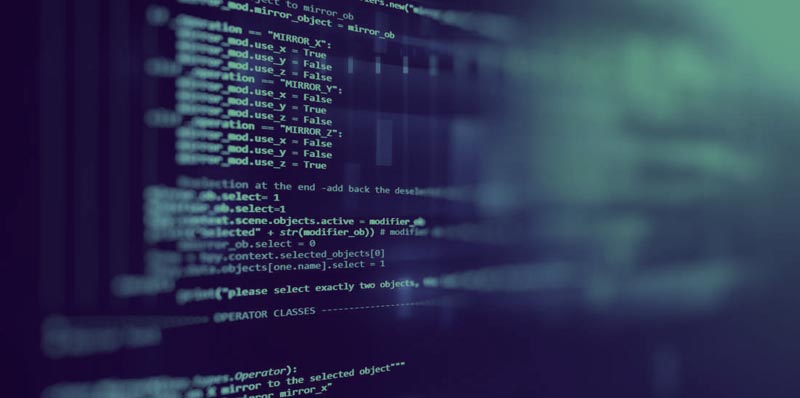The Association for Computing Machinery has been there for a long time. They are one of the biggest gatherings of tech-savvy people in the world, and as such, one should consider them authority in the field. The AMC updated the code of ethics for software developers in July of 2018. It should have been a big deal, but a research center located in North Carolina somehow found a way to tell everyone that this code of ethics doesn’t affect the decisions of any software developer in the world.

The Code of Ethics that Nobody Cares About
That’s not a typo. Nobody in the whole damn planet gives a rat’s ass about this norm, and that’s a problem for many companies and established developers in the field who keep facing mods and crack on their software every single day even though most programs demand the user to be online to make use of it. The guy who figured this out is Emerson Murphy-Hill, and he’s published the results of his research in a paper that was presented this past November at the ACM Symposium on the Foundations of Software Engineering. The man is very polite to state the obvious: the update is well received, but it really doesn’t make a difference these days.
For Murphy-Hill the issue is timely since there has been a lot of incidents regarding the misuse of technology that has sparked some of the biggest scandals in many big corporations in the past few years. From the Samsung battery fiasco to the Sony data leak, these incidents are just the tip of the iceberg on the stuff that happens behind the scenes as each company faces close deadlines. Even the motor industry has been involved in this as it happened not so long ago with Volkswagen when the company manipulated the technology tasked with monitoring vehicle emissions.
The Research and The Path to Follow
As developers continue to face challenges that face them with moral choices over impossible deadlines, these occurrences will be an ongoing issue that could get ugly the minute corporations to have to deal with more delicate tech such as artificial intelligence. Murphy-Hill handled the study for this affirmation by developing eleven scenarios that included ethical challenges. Most of them were picture-perfect to situations that required the subject to make a moral choice. It included at least 105 software developers with five years of experience in the field. The sample also included 63 software engineering graduates. Half the participants were given a copy of the ACM code of ethics, and the other half were told that ethics are important as part of an overview of the study.
All participants were asked to read each scenario and state how they would respond to solve each situation. The results were discouraging, saying the least. According to Murphy-Hill even the ones who knew the AMC code didn’t take it into account to solve each one of the scenarios, making the existence of the code pointless in all regards. With even so-called professionals unable to follow the rules, how can the computer world face some of the biggest challenges it has ahead? The internet has been around for some time now, and strict laws and controls make it hard for the user to engage in shady situations. But temptation can only be kept at bay so much if nobody cares about changing the original code for their own benefit.
